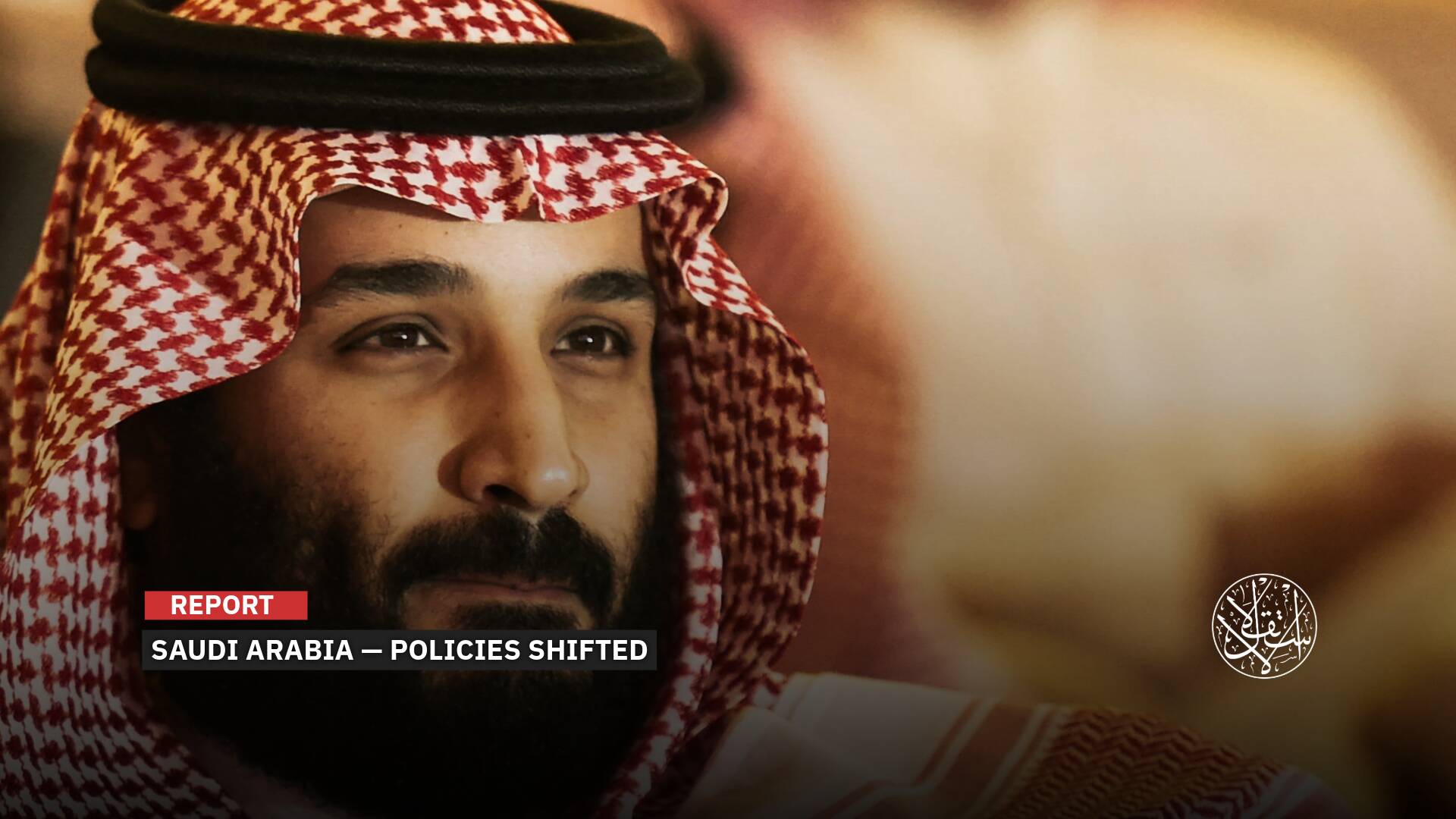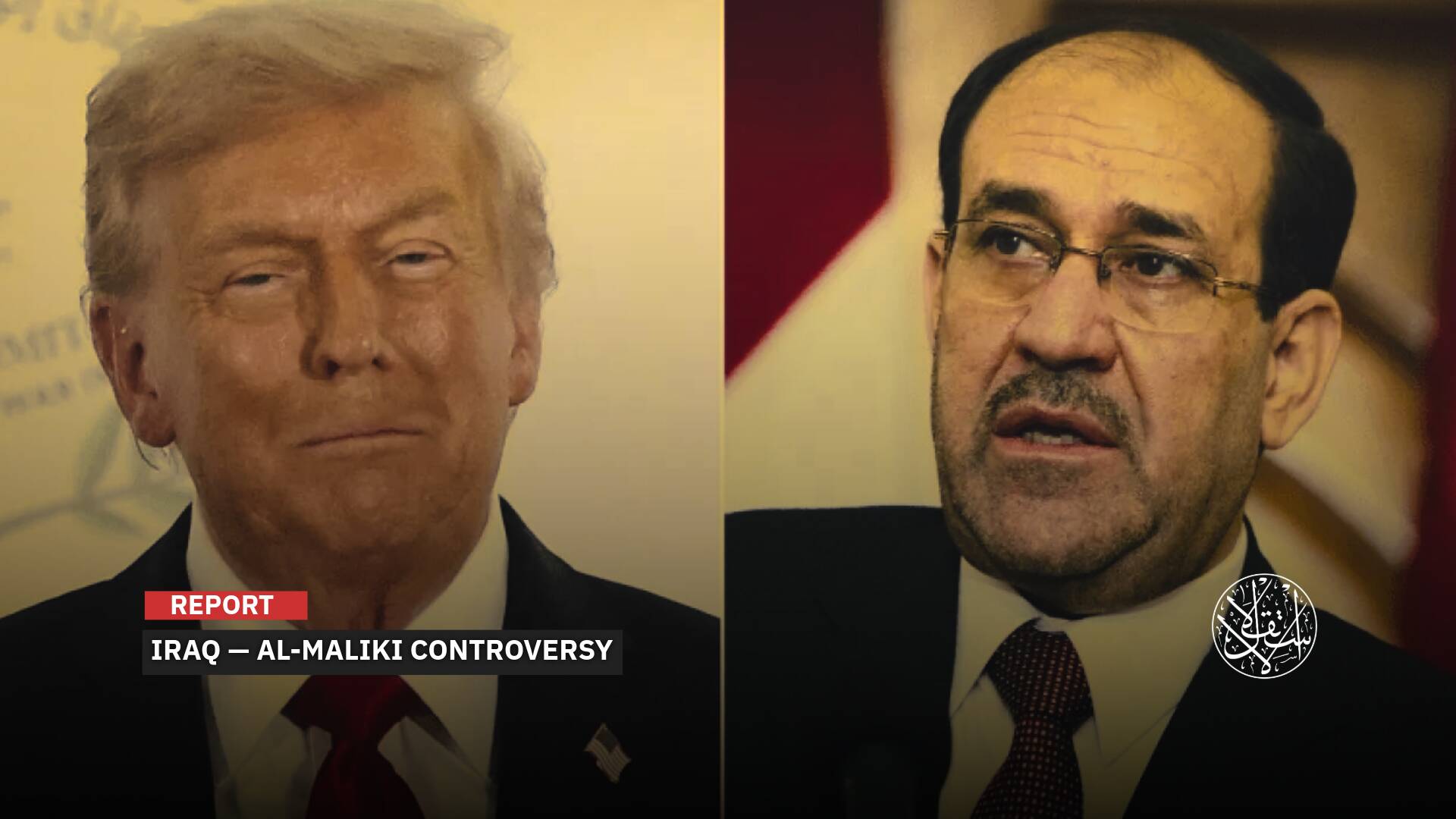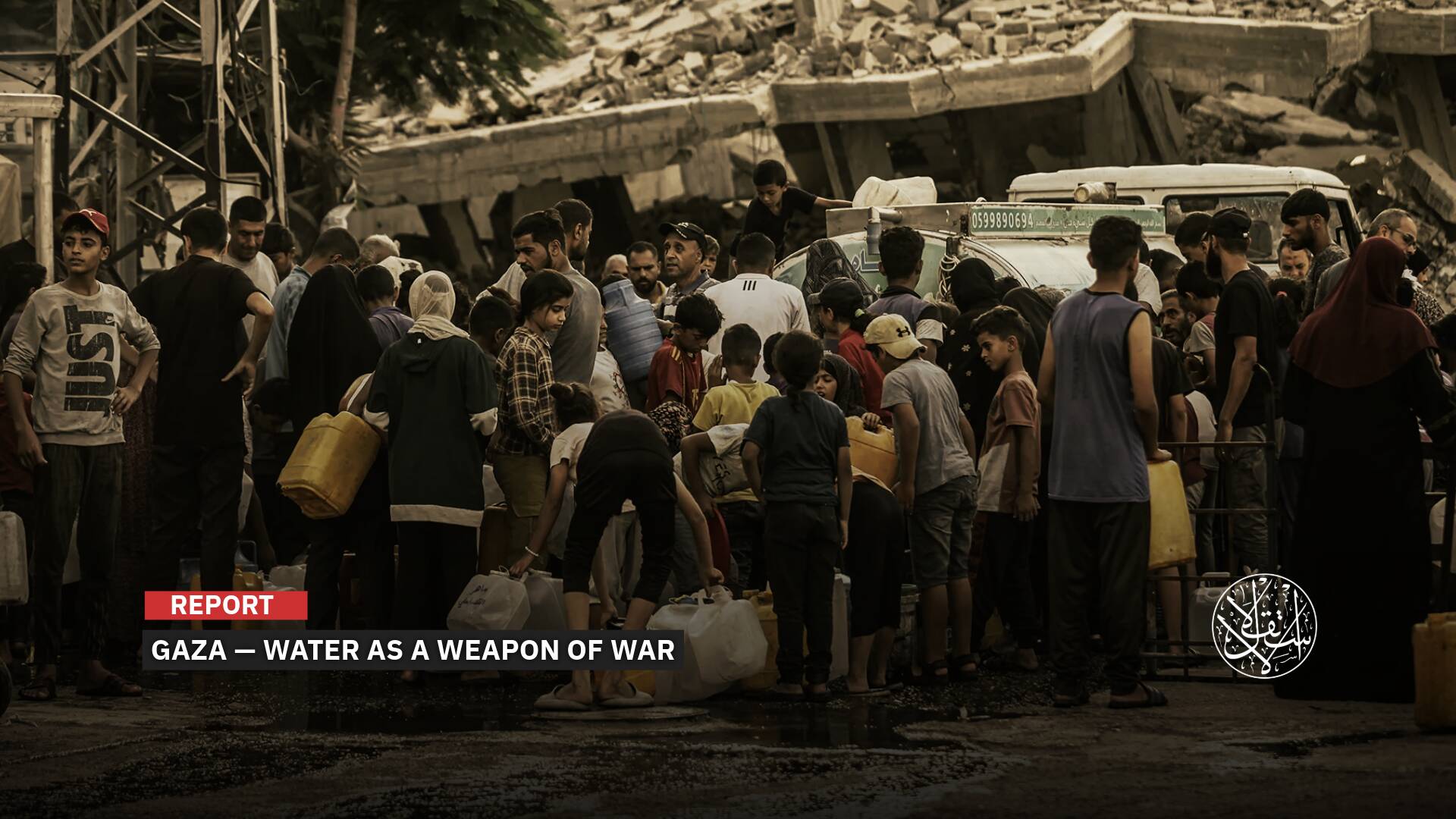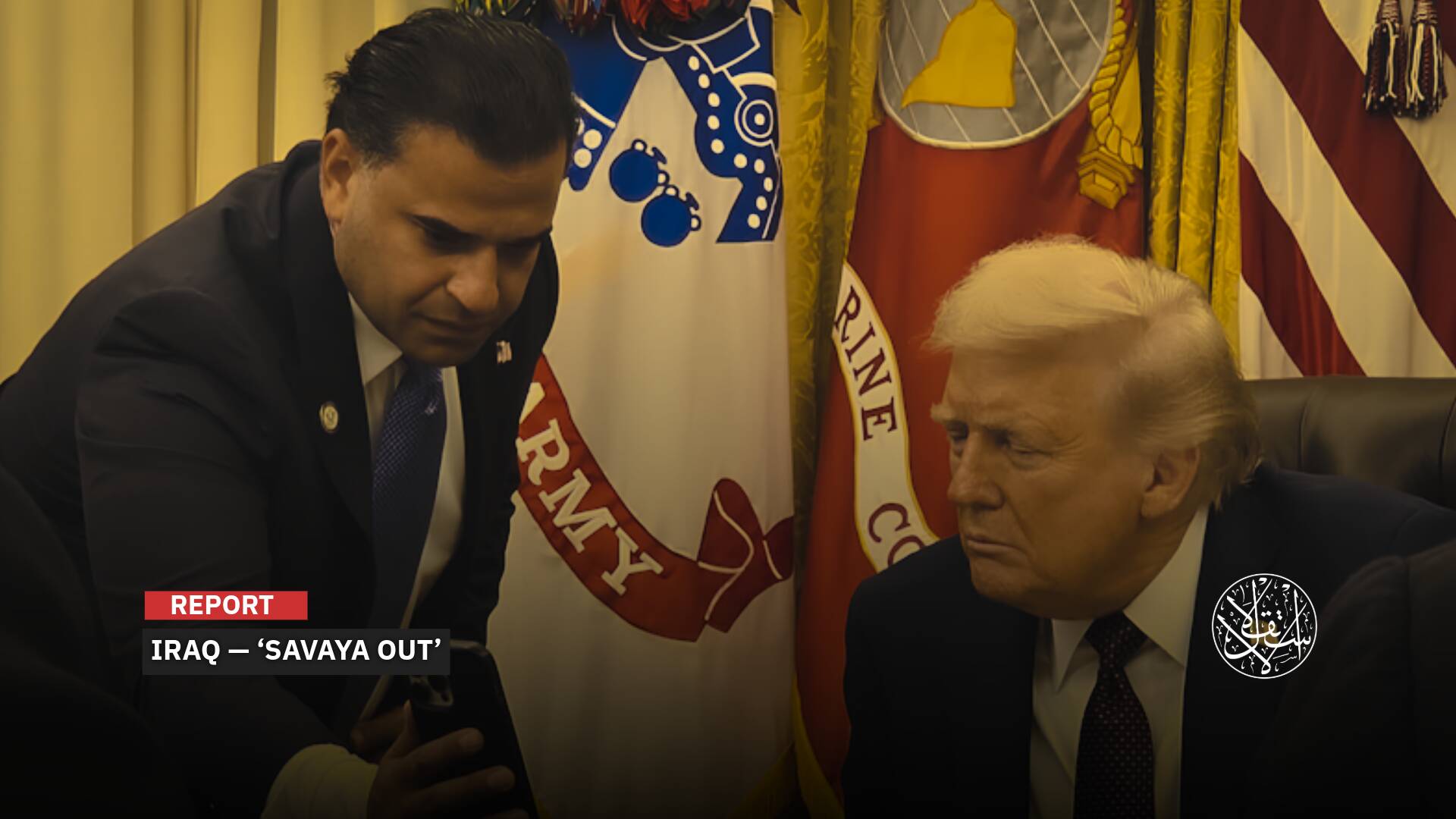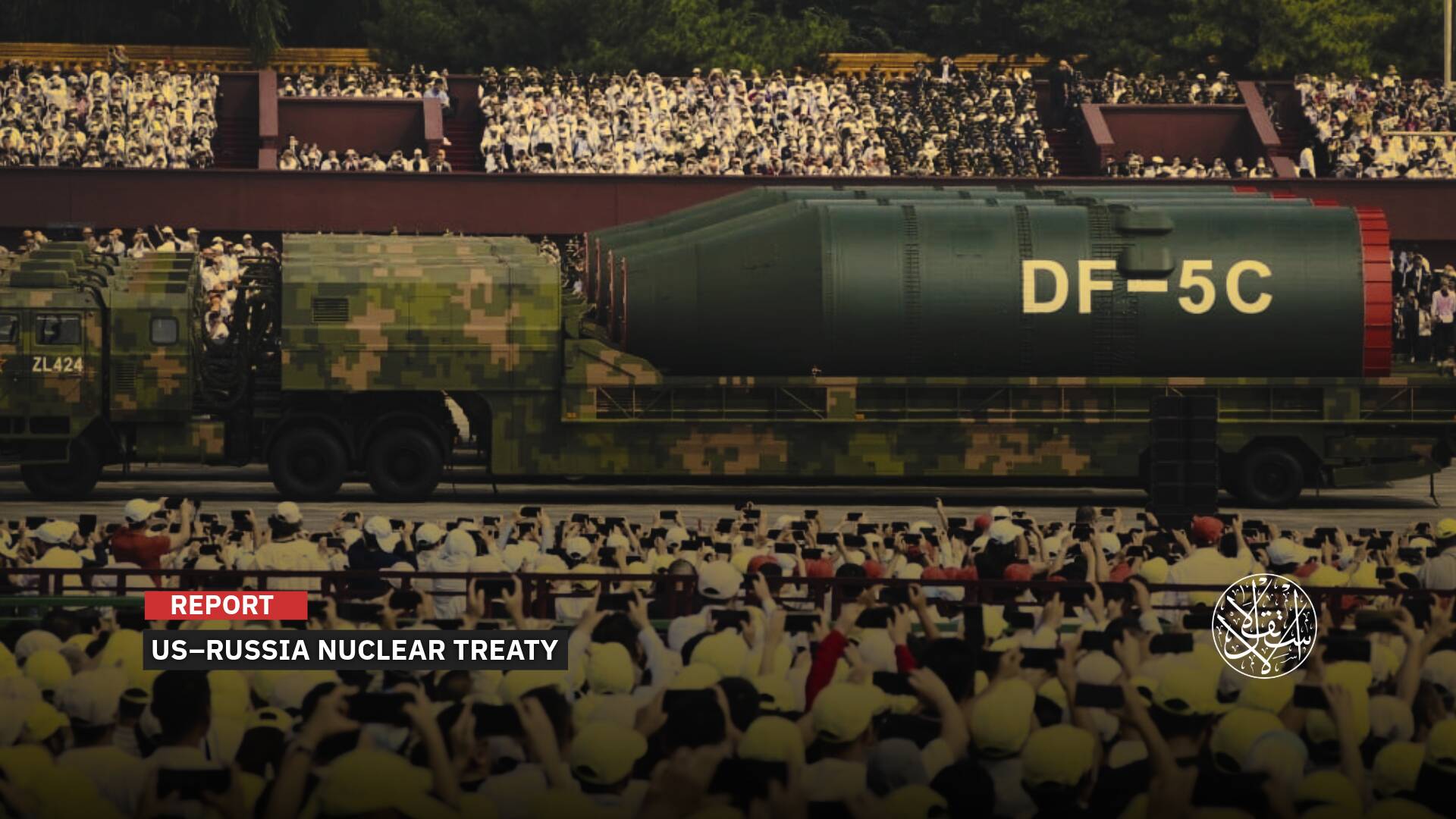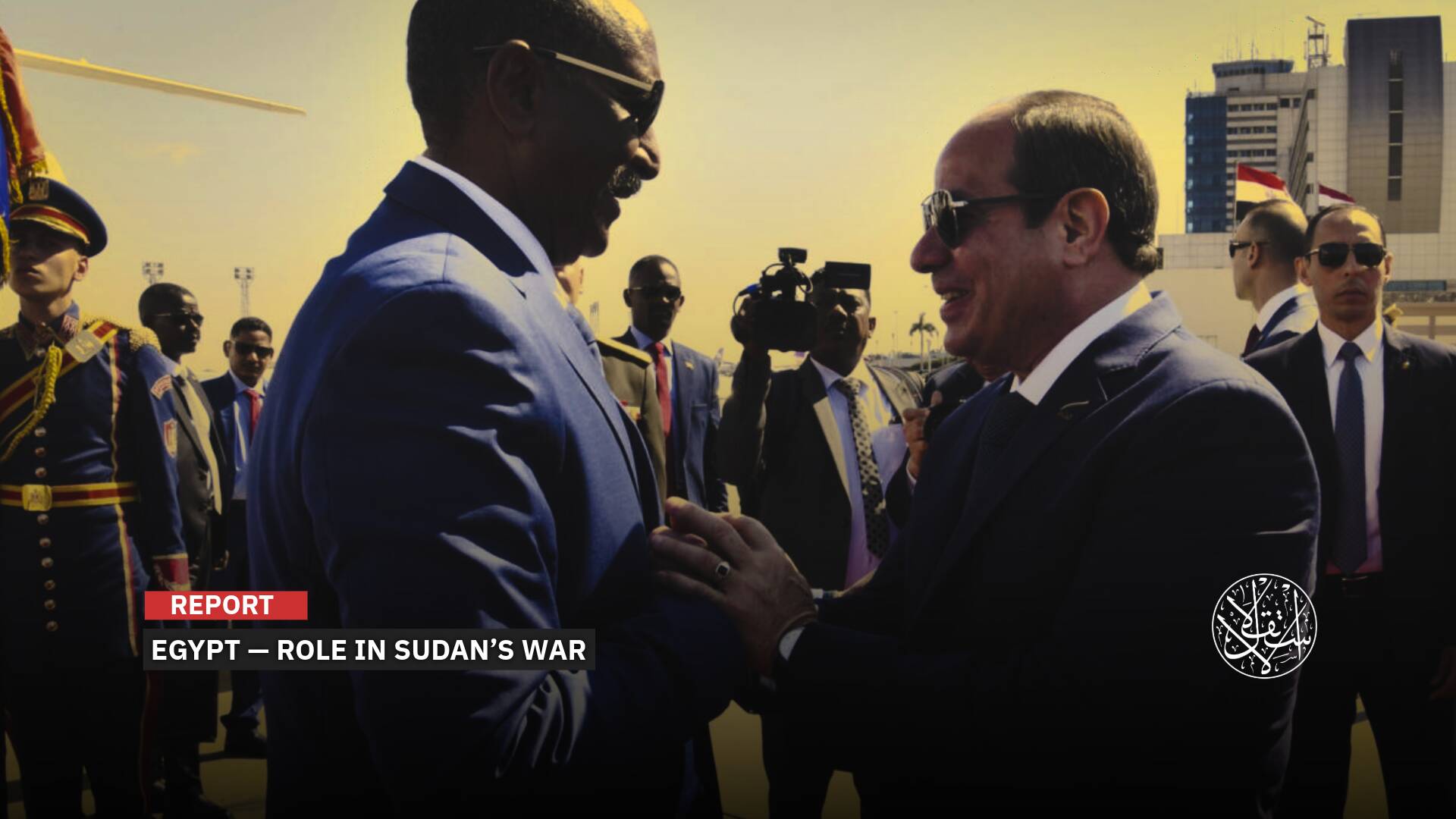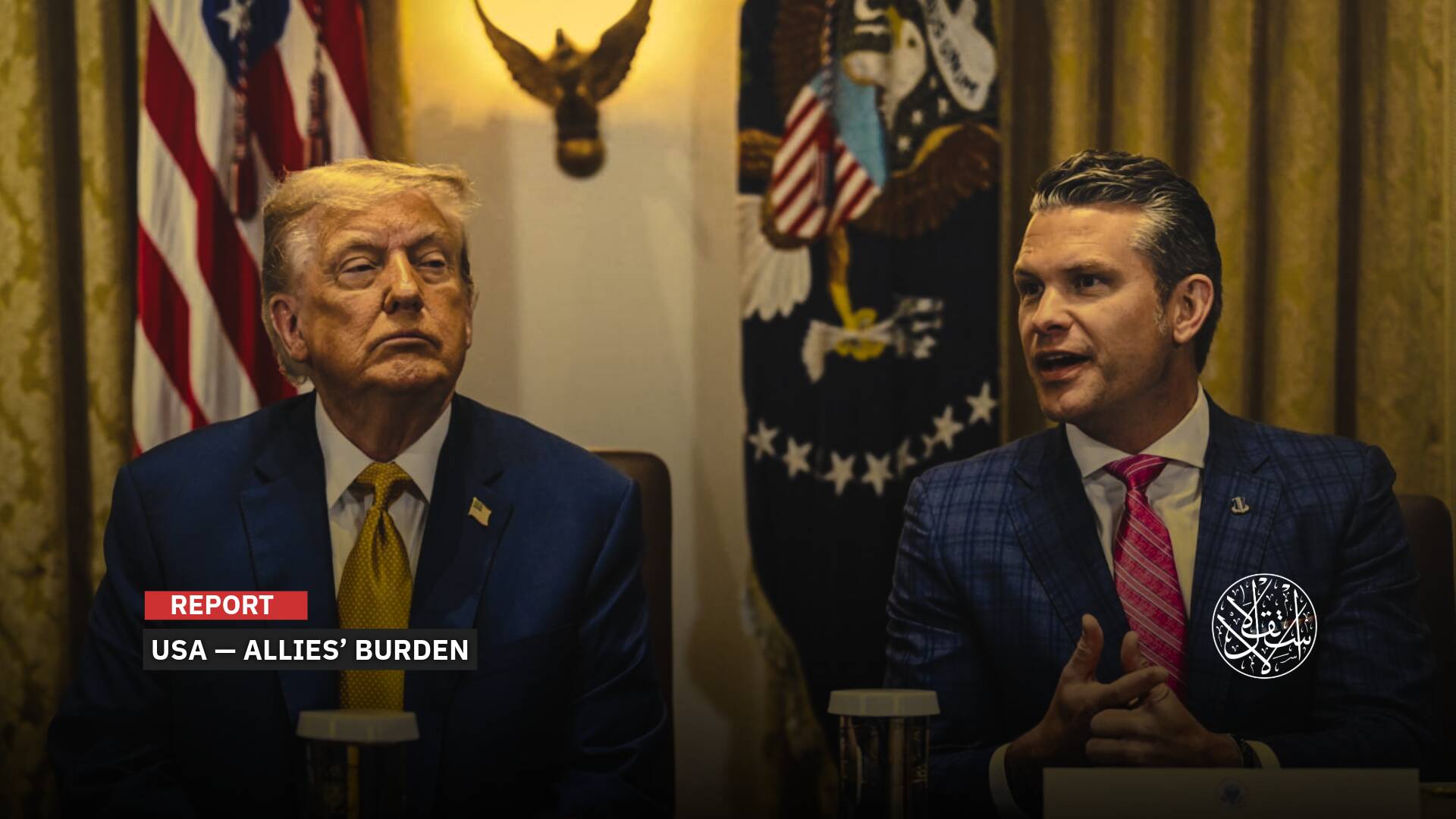China and Russia's Strategy: How They Plan to Exploit Trump's Stance on Iran

The alliance between Iran, China, and Russia is nothing but an illusion.
Despite their close ties, Iranian observers fear Russia and China could treat Tehran as a bargaining chip to win concessions from U.S. President-elect Donald Trump, who famously abandoned the Iran nuclear deal in 2018.
During his first presidential term (2017 to 2021), Trump imposed severe economic sanctions on Iran, which he frequently boasted about during his 2024 reelection campaign. He also ordered the assassination of Iranian Quds Force Commander Qassem Soleimani in early 2020.
‘A Bargaining Chip’
Amid widespread speculation about how Trump might handle Iran during his second term (2025 to 2029), Iranian writer and political analyst Mehdi Zakerian suggested that China and Russia have already begun leveraging the “Iran card” to gain advantages with Trump’s incoming administration.
“These two countries [China and Russia] are exploiting Iran’s internal, regional, and international conditions to secure their interests in relations with the West and the United States,” he stated during an interview with the Iranian reformist newspaper Arman e-Emrooz on November 19, 2024.
Iran is currently experiencing “international isolation,” not merely a conflict with the West or the U.S., as claimed by hardliners and conservatives, referencing the faction aligned with Iran’s Supreme Leader Ali Khamenei, according to Zakerian.
“Resolutions by the United Nations General Assembly, the International Atomic Energy Agency, and the Human Rights Council, along with joint statements issued by Russia and China with Arab nations on disputed issues with Iran, are clear examples of this international isolation Tehran faces today.”
Commenting on reports of secret negotiations between Iran and the U.S., the political analyst said, “If these talks proceed in the same manner as negotiations with Russia and China, it’s better they don’t happen at all, as they won’t benefit the Iranian people but will serve only the Iranian rulers.”
“Negotiation and positive relations can benefit the people. Talks should not be driven by fear of a political crisis in the country but should aim to secure public interests. Secret negotiations like before will only harm the population.”
“Authoritarian states like China, Russia, and North Korea adopt tactical retreats with Trump to gain benefits; in this context, there is a high possibility that China and Russia will play the Iran card to extract concessions from Trump, and we must remain cautious and seize the opportunity,” Zakerian noted.
“Iran could once again become a victim. If we fail to negotiate with the U.S. in a timely manner and ahead of China and Russia, to secure our national interests, we will become a tool in the hands of [Russian President] Vladimir Putin and the Chinese government, at great cost to the Iranian people.”
On December 25, 2021, Hossein Alizadeh, an Iranian analyst and former diplomat, told the opposition channel Iran International that China and Russia see Iran as a bargaining chip in their negotiations with the United States over contentious issues.
“China and Russia have never declared Iran a strategic ally, contrary to Tehran’s occasional claims that Beijing and Moscow are strategic partners. There are more critical issues for Russia and China in their dealings with the West.”
“For Russia, the Ukraine issue, and for China, the U.S. military presence in the South China Sea, are far more significant than Iran’s case with the West. If the U.S. concedes on these issues, it wouldn’t be surprising for China and Russia to abandon Iran,” he added.
“Russia and China see Iran as a bargaining chip in international affairs. They have never been strategic allies of Tehran.”

Strategic Agreements
Iranian analyst Mehdi Zakerian’s remarks come as Iranian President Masoud Pezeshkian prepares for an upcoming visit to Moscow to meet Russian President Vladimir Putin. The visit aims to finalize a comprehensive strategic cooperation agreement between the two nations, similar to the pact established between Tehran and Beijing in 2023.
Iran's Ambassador to Moscow, Kazem Jalali, said the comprehensive strategic agreement with Russia is ready for signing, with only the timing of President Pezeshkian's visit left to decide. Speaking to Mehr News Agency on November 19, 2024, Jalali assured that no obstacles stand in the way and that preparations are in motion to secure a mutually convenient date for this pivotal meeting.
“Reviving the nuclear deal would not affect Iran-Russia relations, as their ties remain independent of external factors and continue to grow regardless of global developments,” the ambassador added.
On November 18, Russian President Vladimir Putin approved a proposal from the Russian Foreign Ministry to sign a comprehensive strategic partnership agreement with Iran. According to Russia Today, Putin signed off on the initiative, coordinated with various federal entities, to solidify this partnership.
This development builds on a July 2024 statement by Iranian Acting Foreign Minister Ali Bagheri Kani, who noted Russia’s role in positioning Iran as a regional energy hub, with Russian gas being shipped through Iran to other parts of the world. Bagheri Kani also underscored the strategic nature of Iran-Russia ties, particularly their growing trade relations.
In June 2024, Russia’s Gazprom signed a strategic memorandum of understanding with the National Iranian Gas Company (NIGC) to organize gas supply routes. Earlier that month, Zamir Kabulov, Director of the Second Asian Department at the Russian Foreign Ministry, called the comprehensive cooperation agreement with Iran a strategic decision, though he acknowledged delays on the Iranian side.
Efforts to forge a new strategic agreement between Russia and Iran date back to September 2022, when President Putin and former Iranian President Ebrahim Raisi discussed the initiative during the Shanghai Cooperation Organization Summit in Samarkand.
On November 14, 2023, Iran’s late President Ebrahim Raisi and Chinese President Xi Jinping signed 20 cooperation agreements across various sectors for a 25-year partnership, reported Tasnim News Agency. These agreements cover international trade, information technology, intellectual property protection, media, agriculture, tourism, healthcare, sports, and culture, marking a significant milestone in Iran-China relations.

‘The Axis of Illusion’
The supposed alliance between Iran, China, and Russia was described by Al-Monitor as nothing more than an illusion, citing emerging disagreements among the three nations in the Middle East.
Despite the mirage of a united front among these countries, their growing cooperation amounts to little more than words on paper, defined by the complexity and contentious nature of their relationships and conflicting interests, according to Al-Monitor.
These nations have united around a common adversary—the United States—and their shared dissatisfaction with the Western-centered global order drives them to break free from U.S. containment, establish spheres of influence challenging American dominance, and replace the current system with a multipolar world order.
The Al-Monitor report warns that fears of growing cooperation among these nations and their potential to shake up the status quo are well-founded.
The specter of a China-Russia-Iran axis continues to haunt critics and policymakers from Washington to Tel Aviv and even Tokyo.
The report also noted that China signed a 25-year strategic partnership agreement with Iran, and analysts believe Russian forces have deployed up to 3,700 Iranian-designed drones against Ukraine since April 2024.
In September 2024, the United States and Britain officially accused Iran of supplying Russia with short-range ballistic missiles.
Meanwhile, despite crippling Western sanctions, Beijing has assisted both Tehran and Moscow in developing an oil and trade system that bypasses Western financial institutions and logistics networks, as per the report.
Chinese companies have also capitalized on the situation by increasing their exports of everyday consumer goods to Russia, alongside cars, machinery, agricultural products, and dual-use technologies, including microchips. These efforts are helping Russia's defense-industrial complex accelerate its renewal and modernization.

China has refrained from providing Russia with lethal military aid—at least not publicly—despite Moscow's repeated appeals since 2022. This reluctance serves as evidence that the China-Russia partnership has its limits.
Although China has avoided condemning Russia's attack on its neighbor, it has also been careful not to issue any explicit endorsement of Moscow's war. Beijing has declined to recognize Russia's annexation of Crimea in 2014 formally.
Iran and Russia are unwilling to become subordinate to China. Voices within both nations have expressed dissatisfaction with the influx of cheap Chinese goods and their adverse impact on local manufacturing.
Sanctions and isolation have somewhat inaccurately made the notion of these countries being closer to one another than ever.
While the challenges posed by Russia, China, and Iran call for a well-thought-out political response, treating them as a unified anti-Western axis contradicts realities on the ground, at least for now, the report concluded.
Sources
- Is China-Russia-Iran axis illusion as differences surface in Middle East?
- China and Russia use the "Iran" card to score points with Trump [Persian]
- Russian President approves proposal to conclude comprehensive strategic partnership with Iran [Arabic]
- Iran, China sign 20 cooperation agreements in several fields [Arabic]
- Jalali: Iran-Russia cooperation agreement is ready and we are working on arrangements for President Pezeshkian's visit to Moscow [Arabic]
- Former Iranian diplomat: Tehran is a card in the hands of China and Russia and the upcoming negotiations are very difficult [Arabic]


